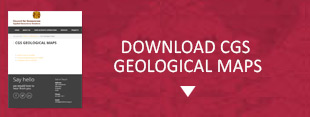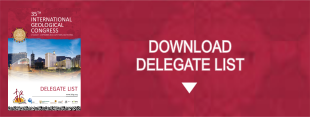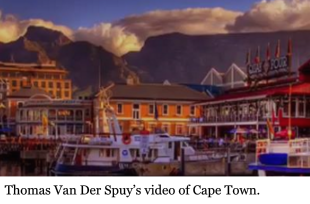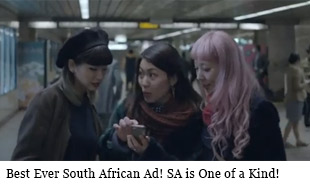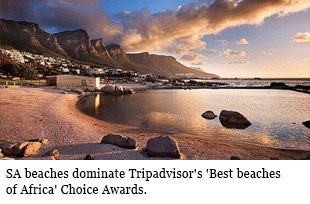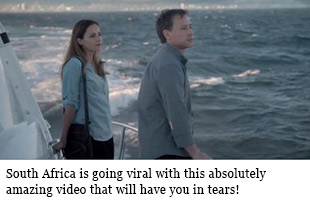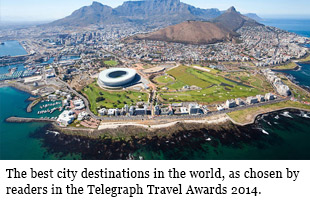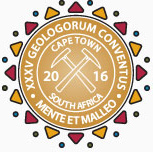
35TH INTERNATIONAL GEOLOGICAL CONGRESS
27 AUGUST - 4 SEPTEMBER 2016 | CAPE TOWN, SOUTH AFRICA
Sponsors
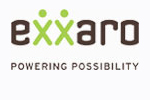


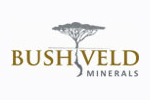

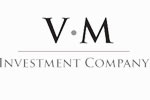
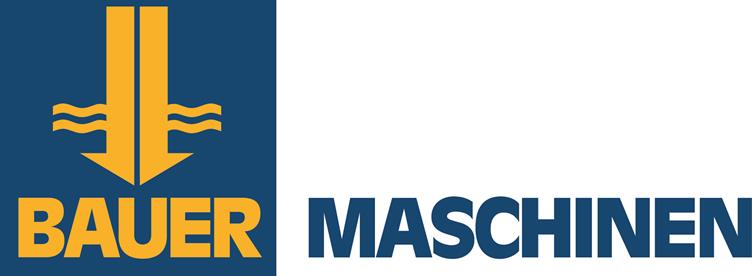








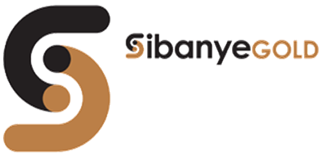
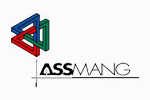
35 IGC SAGPGF




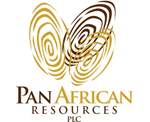
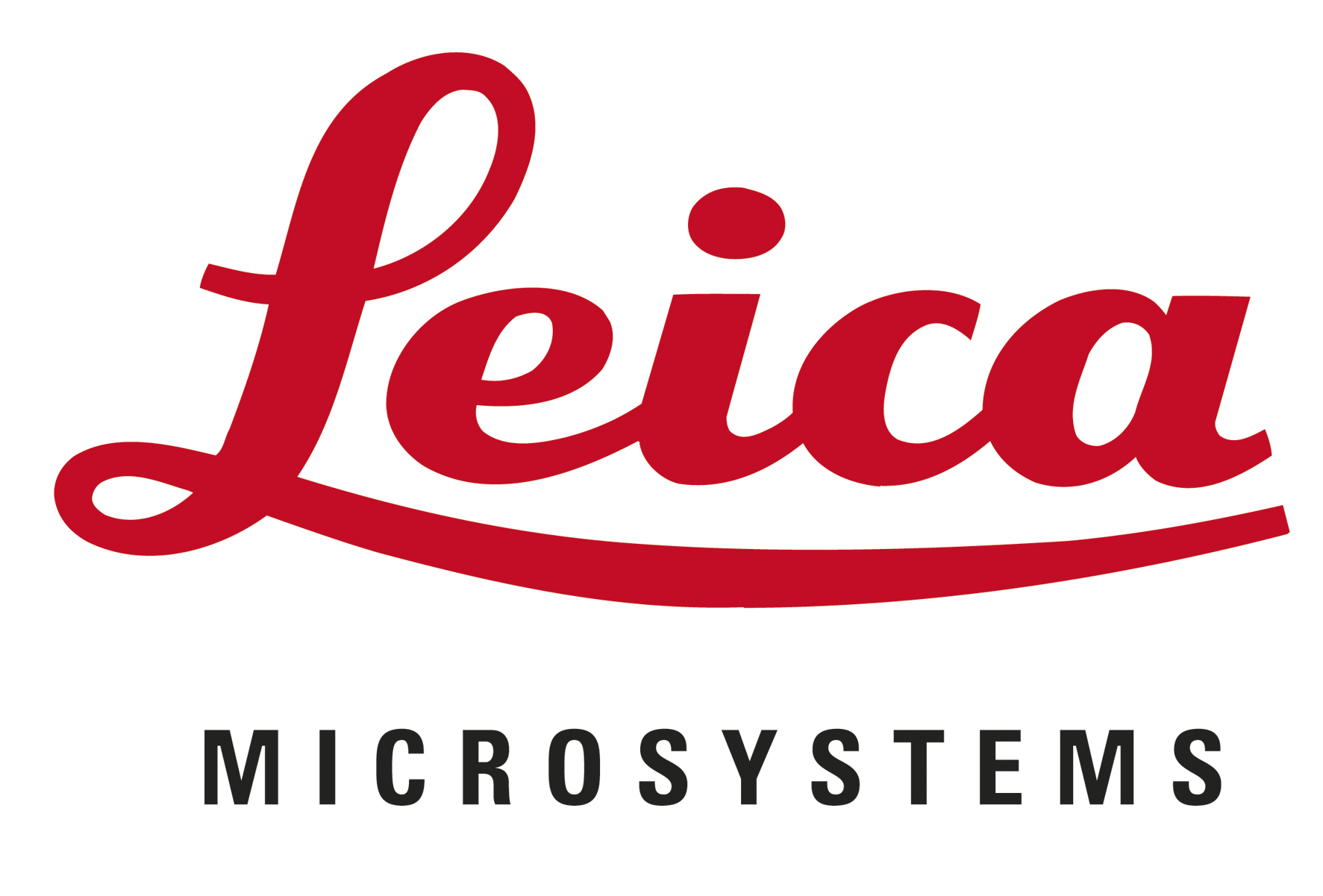
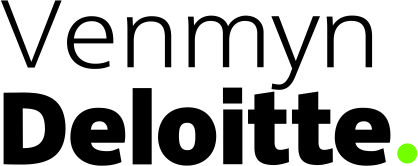
35TH INTERNATIONAL GEOLOGICAL CONGRESS
27 AUGUST - 4 SEPTEMBER 2016 | CAPE TOWN, SOUTH AFRICA
My IGC
Skills for Sustainability – Effective Application of Geology to International Development
Description
Background:
Geologists have an important role to play in fighting global poverty, using their knowledge of the Earth to improve disaster risk reduction, natural resource management, access to protected water resources and infrastructure development. These and other relevant topics are at the centre of the 'Global Goals for Sustainable Development', agreed by the international community in 2015. These 17 goals aim to end extreme poverty, fight inequality and injustice, and ensure environmental sustainability over 15 years (2015–2030). Sustainable and successful engagement by geologists in implementing the Global Goals will require a range of skills and topical knowledge beyond technical geoscience. Such skills include cultural understanding, cross-disciplinary communication, diplomacy, community mobilisation and participation, knowledge exchange, and an understanding of social science research tools. Relevant topical and disciplinary knowledge in this context may include a greater understanding of social vulnerability, risk perception, and international policy frameworks. This skill-set and knowledge-base are essential foundations if geologists are to engage in an effective manner, reducing the likelihood of a project failing or not having maximum impact.
Workshop:
This one-day interactive workshop will give geologists an opportunity to consider the importance of these skills for sustainability, and consider practical ways by which they can be nurtured. Training activities that strengthen these skills and demonstrate their importance within sustainable international development will be used, all easily replicated in universities, workplace training, and professional societies.
Audience:
It is proposed that this workshop will be of interest to all those wishing to understand how geology can better support the fight against global poverty. Sessions will be suitable for student, early-career and professional geologists in research institutes, surveys and the private sector.
Presenter
| Name | Organisation | Email address |
| Mr Joel Gill | Geology For Global Development | joel@gfgd.org |
Date:
To be confirmed
Programme
The following programme gives a tentative outline of the key topics to be included within the proposed workshop. Registered delegates will be contacted prior to the event with further details, and an opportunity to submit questions/topics to be addressed within the context of the workshop activities. Information will also be published online (see: www.gfgd.org/conferences). The workshop will use a mixture of talks, discussion and interactive activities to deliver the course content. Full course notes, resources and presentation slides will be provided to delegates during and/or after the event.
A. Introduction
Introduction to (i) workshop presenter, (ii) structure of the day, and (iii) participants backgrounds and experiences.
B. Session 1: Global Development Frameworks
Talk and discussion on (i) current development challenges, (ii) major global development frameworks, (iii) the role of geology within these frameworks, and (iv) the associated skills required to engage in sustainable development.
C. Session 2: Understanding Context to Support Projects
Key themes in this session will relate to the importance of understanding culture, socio-economic context and perceptions alongside the geology of a given location. Examples will be drawn from natural hazards and natural resource management case studies.
D. Session 3: Overcoming Communication Barriers
Key themes in this session will relate to good-practice in communication, including who communicates and how this is done. The challenges of communicating across disciplinary and cultural barriers, and knowledge exchange, will be addressed. Examples will be drawn from natural hazards and natural resource management case studies.
E. Discussion, Questions, Conclusions
Registration Details:
To book and pay, please use your existing registration log in (if you are already registered). New delegates can book using the registration form on the website (create your profile and register for the conference and then book your additional workshop)
Presenter Biography:
Joel Gill
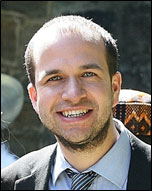 Joel Gill is the Founder and Director of Geology for Global Development, a not-for-profit working to mobilise and equip the geology community to prevent and relieve poverty. Joel graduated from the University of Cambridge in 2008, with a degree in Natural Sciences (Geology), before completing an MSc in Engineering Geology at the University of Leeds in 2010. He is currently completing a NERC/ESRC funded PhD on disaster risk reduction (DRR) at King’s College London.
Joel Gill is the Founder and Director of Geology for Global Development, a not-for-profit working to mobilise and equip the geology community to prevent and relieve poverty. Joel graduated from the University of Cambridge in 2008, with a degree in Natural Sciences (Geology), before completing an MSc in Engineering Geology at the University of Leeds in 2010. He is currently completing a NERC/ESRC funded PhD on disaster risk reduction (DRR) at King’s College London.
Since 2009, Joel has contributed to a range of overseas development projects, conferences and geoeducation. These include the evaluation of rural water projects in Tanzania, co-organising a natural hazards education programme in the Indian Himalayas, joining the organising committee of a major international sustainable development conference in India, undertaking research into natural hazards perception with scientists and civil protection teams in Guatemala, delivering a workshop on skills for sustainability at the 3rd YES Network Congress in Dar es Salaam (2014), and advising on the development of a ‘Young Scientists in DRR platform’ with relevant groups of the United Nations. Furthermore, Joel has convened three successful conferences on geology and international development in the United Kingdom.
 Field trips
Field trips  Sponsorship & expo
Sponsorship & expo  Registration
Registration Tours
Tours  Promotion
Promotion 

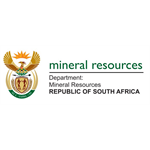








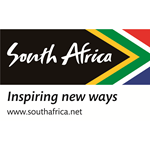



 Conference Programme
Conference Programme  Field trips
Field trips  Sponsorship & expo
Sponsorship & expo  Volunteer
Volunteer  GeoHost
GeoHost  Registration
Registration Tours
Tours  Promotion
Promotion  Publications
Publications


